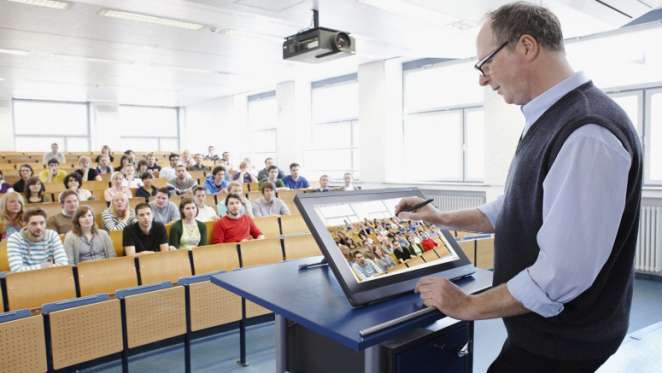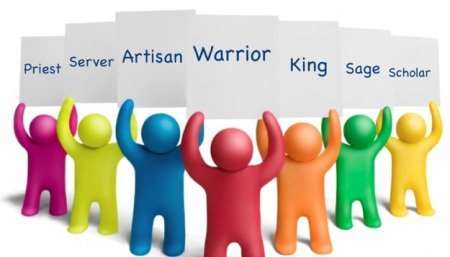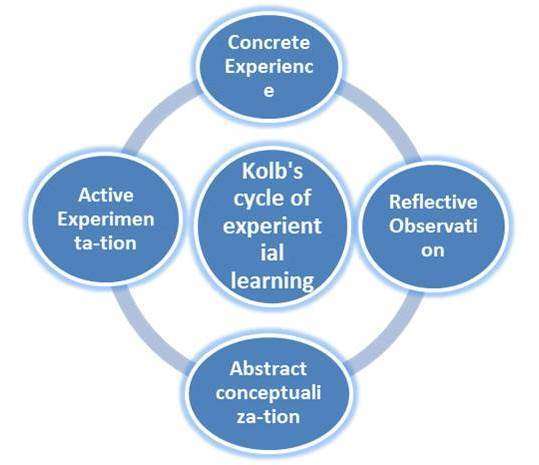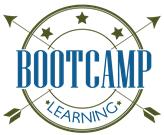
01 May Experiential Learning
 Broadly, any learning that helps in applying the knowledge and conceptual understanding to real-world problems or situations where the instructor directs and facilitates learning can be identified as
Broadly, any learning that helps in applying the knowledge and conceptual understanding to real-world problems or situations where the instructor directs and facilitates learning can be identified as
experiential learning. Experiential learning immerses participants in an active and shared learning environment. Participants explore and analyze content along with their peers in a shared experience, and then individually reflect upon the experience. The approach thus integrates shared contextual exploration with reflective thought processes?a dynamic combination that amplifies individual and group comprehension.

Why is experiential learning important?
Successful transformations demand new capabilities. To build them, experiential learning leverages the intimate link between knowledge and experience. Experiential learning helps us know about the competencies that are essential to pacify growth. The public is clamoring for an education that teaches the competencies they need for real-world success.
Although we can simulate the real world in the classroom and laboratory, authentic experiential learning creates an invaluable opportunity to prepare students for a profession or career, learn the craft of a fine artist, or discover how the discipline creates evidence to contribute to its body of knowledge. The mission for higher education is to bridge the gap between theory and practice and the educational environment needs to create experiential rich curriculum?s.
There is an intimate and necessary relation between the processes of actual experience and education. ?John Dewey (Experience and Education, 1938)
Experiential learning provides the conditions for optimally supporting student learning. When students are engaged in learning experiences that they find relevant, they have increased motivation to learn. Students are also motivated when they are provided opportunities for practice and feedback. Experiential learning meets all these requirements.
Experiential learning creates self-directed learners. Through experiential learning, students are confronted with unfamiliar situations and tasks in a real-world context. To complete these tasks, students need to figure out what they do not know and how to learn it. This requires students to: reflect on their prior knowledge and deepen it through reflection; transfer their previous learning to new contexts; master new concepts, principles, and skills; and be able to articulate how they developed this mastery. Ultimately, these skills create students who become self-directed, life-long learners.

How does experiential learning work?
Kolb?s (1984) cycle of learning depicts the experiential learning process. This process includes the integration of:
- Concrete knowledge?the concepts, facts, and information acquired through formal learning and past experience;
- Activity?the application of knowledge to a ?real world? setting; and
- Reflection?the analysis and synthesis of existing knowledge and activity to create new knowledge?

Building capabilities through Experiential Learning
Experiential learning is a preferred approach for building the skills of adults, who are accustomed to learn through action and experience. In the workplace, experiential learning has a long tradition, having proved itself over time to be the most effective means to acquire skills. The employees especially learn by interacting with peers that helps them acquire new knowledge and skills. It is an essential component in the functioning of society and in economic well-being?as the ubiquity of internships, apprenticeship programs, and on-the-job training shows. In modern corporate settings, effective capability builders rely on dedicated experiential-learning programs to achieve the results they need. The process is designed on these premises, and aims at establishing a friendly space where learners can digest manageable knowledge nuggets, follow their curiosity, and chart their own learning paths. Participants are encouraged to focus on the essential skills, take risks and learn from their mistakes.

Happy Learning!!


No Comments